
Thinning out, not cooling off: Climate crisis and the dip in global population
Hindustan TimesFor over two centuries, the spectre of overpopulation has haunted global debates about food security, sustainability and the environment. A 2023 study by researchers at the University of Texas in Austin makes a convincing case that “contemporaneous fertility rates are, essentially, quantitatively irrelevant to our climate future.” According to the study’s findings, the difference in long-run temperature rise between population stabilisation and the UN’s population decline scenarios, over the next two centuries—given our current climate policies—is very small. “Private jets and the growing use of SUVs are some of the biggest contributors to emissions of the rich, which large sections of the population in the Global South do not have access to.” In fact, a 2023 article published by London’s Centre for Economic Policy Research argues that a declining population may actually hinder attempts at fighting climate change by increasing resource scarcity. Whether or not you agree with that idea—and many don’t—the consensus seems to be that population numbers are a lot less relevant to the climate change fight than other factors, such as intergovernmental cooperation, managing global conflict, technological investment, and low carbon development policies. “When it comes to climate change, population matters tremendously because demand will increase from coal, to food to roads,” says Mridula Ramesh, founder of the Sundaram Climate Institute and author of The Climate Solution – India’s Climate Change Crisis and What We Can Do About It.
History of this topic

Climate change is now a real and pressing economic threat
Live Mint
2024 in review: India’s race for sustainable survival as climate crisis deepens
Live Mint
The climate future: We're entering a world of falling GDP and overheated seas
Live Mint
How many of us is too many?: Mridula Ramesh writes on the population matrix
Hindustan Times
Mint Primer: Your two-minute guide to COP29... and dystopia
Live Mint
India’s population to peak at 1.7bn in 2060s, decline afterwards; China and Japan’s population to reduce significantly
Live Mint
India's population to peak in early 2060s to 1.7 billion before declining: UN
Hindustan Times
World Population Day: A case of people versus population
The Hindu
Climate turbulence ahead: Time to fasten our seatbelts
Live Mint
Random Forays: Climate change- understanding what we can do
Hindustan Times
Getting ready for heatwaves
Hindustan Times
Need to hasten climate action as temps break records
New Indian ExpressClimate change impacts millions in India. But as the country votes, some politicians skirt the issue
Associated Press
Weatherman signals a nasty summer ahead for India
Live Mint
Cause and Effect | At COP28, world leaders are at a crossroads
Hindustan Times
India historically contributed to 5% warming: UNEP
Hindustan Times
Absolute decoupling yet to happen between carbon emission, GDP growth globally, says RBI deputy governor
The HinduThe shape of climate justice in a warming India
The Hindu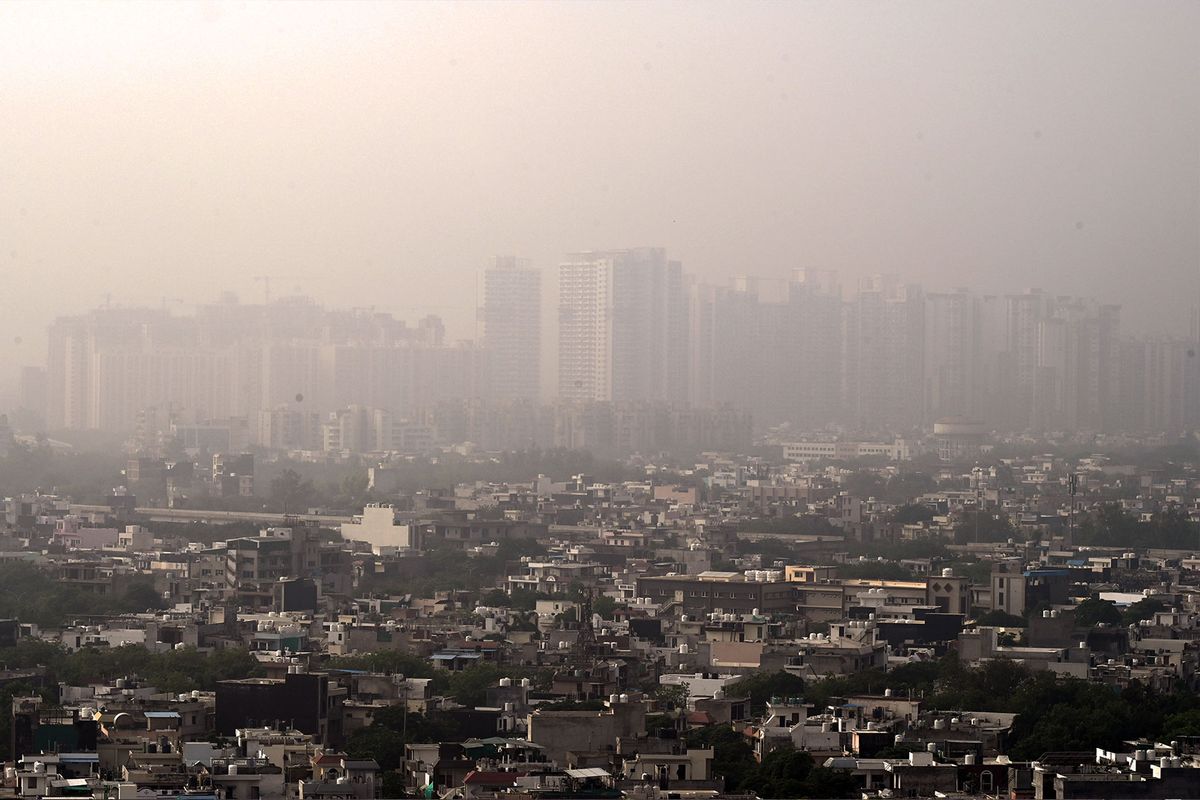
India, the world's most populated country, is on track to achieve its climate goals: report
Salon
Large population does not automatically contribute to more emission: UN official
India Today
India’s climate crisis susceptibility and the way forward
Hindustan Times
Eco-anxiety and India’s young
The Hindu
India’s heat is underestimated, harming progress, study says
Associated Press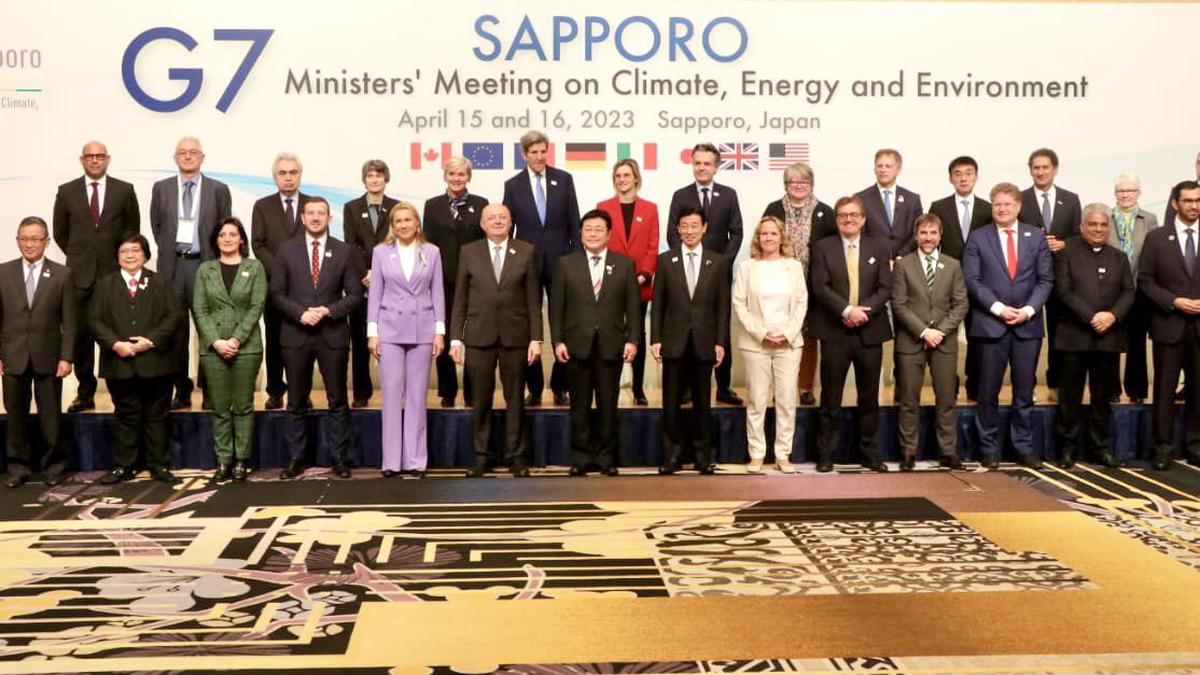
Rich nations must scale up emission cuts: India at meet
The Hindu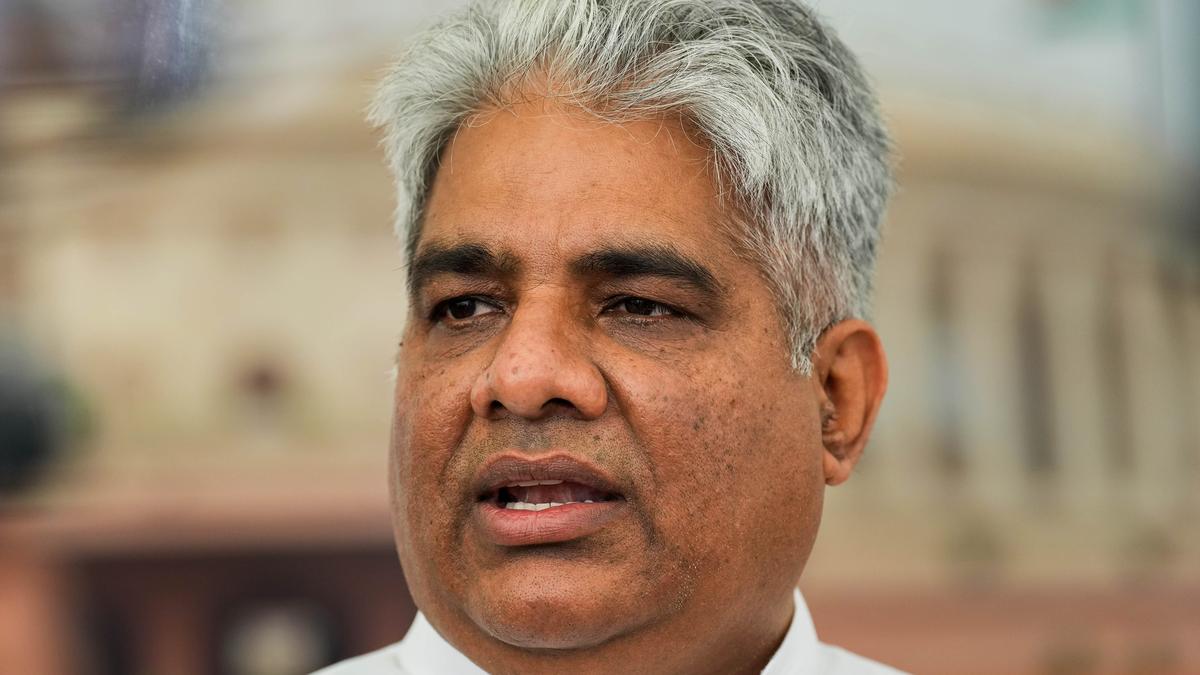
Countries historically responsible for climate change cannot stall India's development, says Environment Minister
The Hindu
Climate scientists deliver final warning: Time is running out
Live Mint
Climate-proofing India’s socio-economic trajectory
Live Mint
Op-Ed: The world population hit 8 billion — but with a peak in sight. What lessons does that have for climate change?
LA Times
Climate Questions: Is it too late to stop climate change?
Associated Press)
Heat-Related Deaths Increased By 55% In India, Says Lancet Study
News 18
Climate migration: Indian kids find hope in a new language
LA Times
69% Indians see severe effects of climate change: Survey
The Hindu
69 pc people in India seeing severe effects of climate change: Survey
Deccan Chronicle
Heat Waves, Droughts And Floods: No More A Developing World Problem
News 18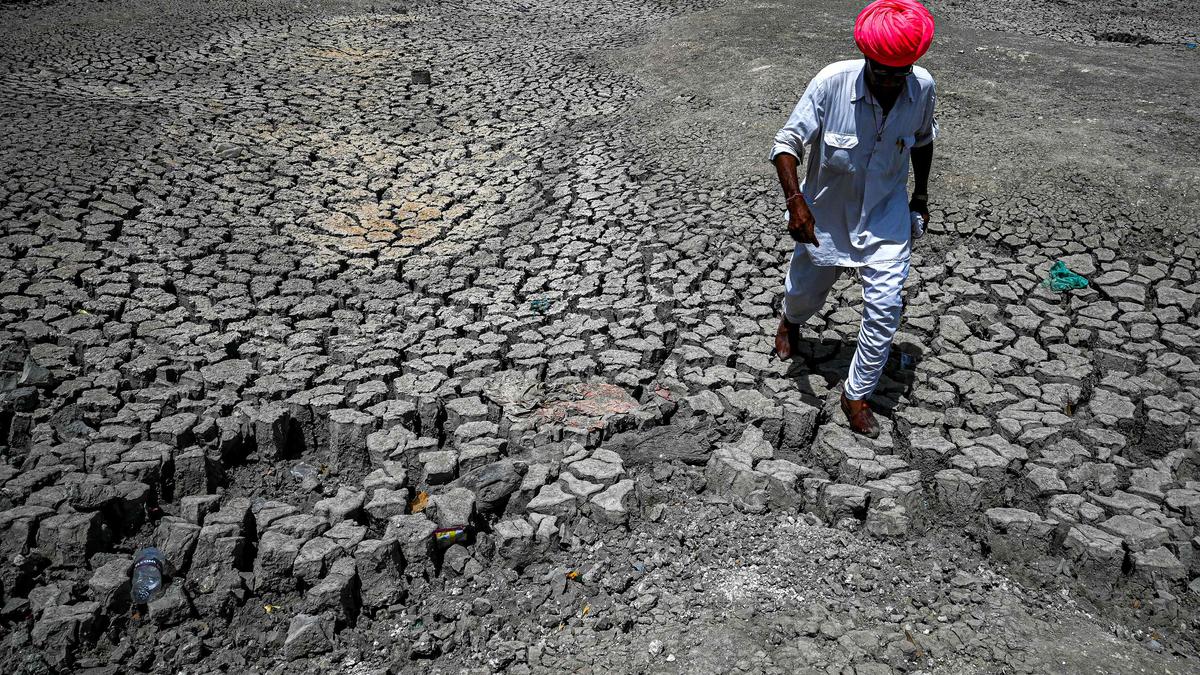
India’s climate imperative
The Hindu
DC Edit | India must plan better to cope with population rise
Deccan Chronicle
Global population to hit 8 billion, but growth slows: UN
Al Jazeera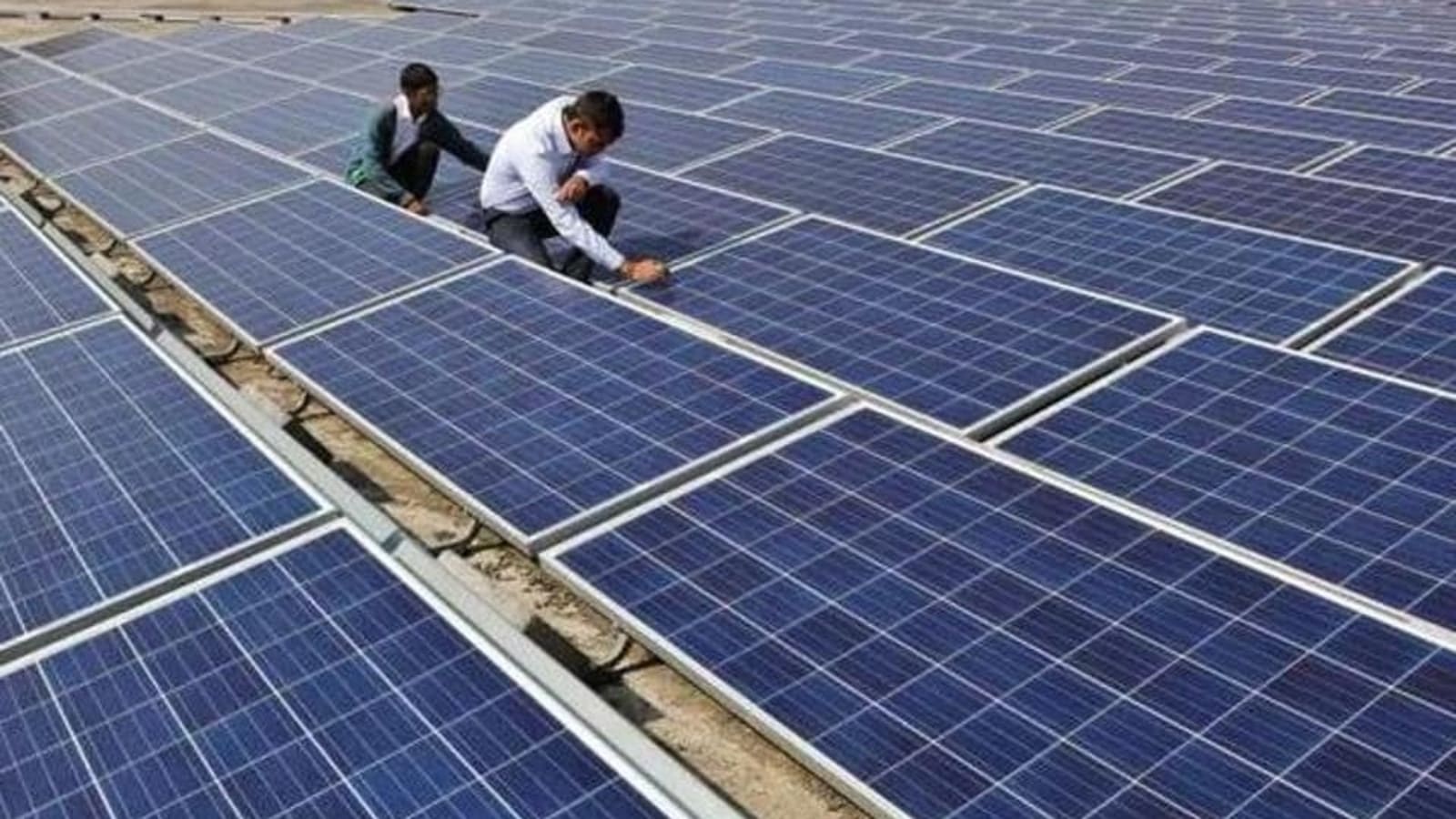
A squeeze on climate goals
Hindustan TimesClimate change experts say India's heatwave offers the world a terrifying glimpse into the future
ABC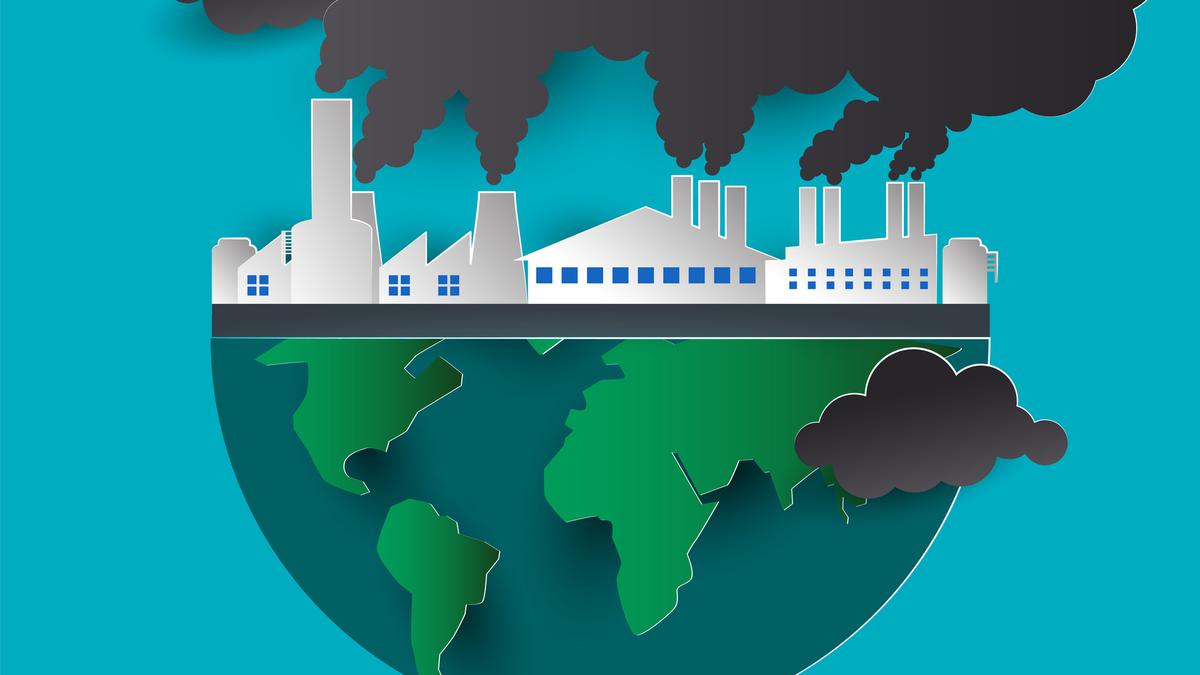
Explained | What are the takeaways from the latest IPCC report on climate change?
The Hindu
‘It’s now or never’: IPCC warns emissions must start to decline by 2025
The Independent
How India fares on climate action, in charts
Live Mint
Rich countries can’t wash their hands off with net-zero targets
Live Mint
Indranil Banerjie | Global climate calamity is here: Does anybody care?
Deccan Chronicle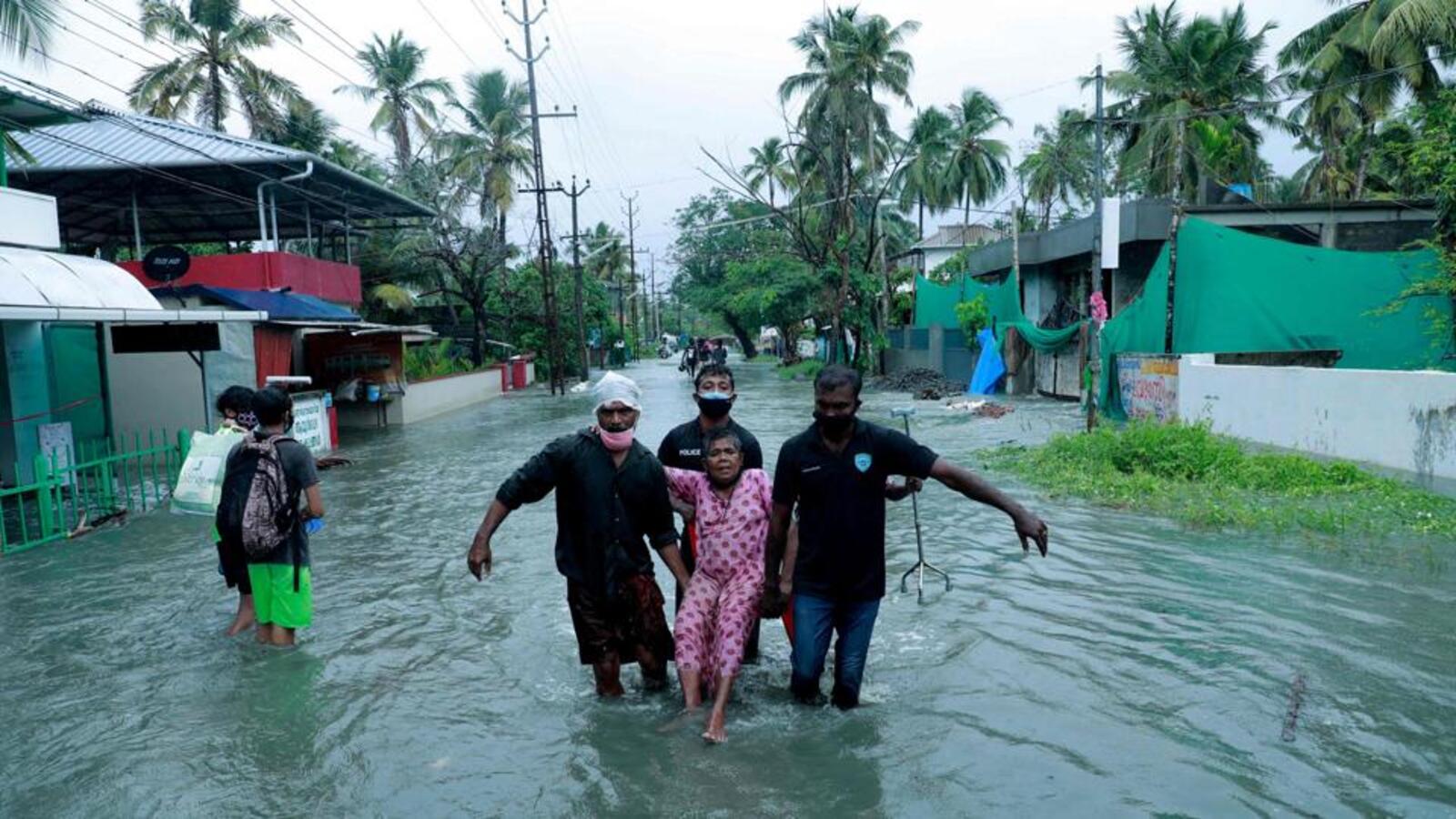
India stares at water scarcity, extreme heat stress: Report
Hindustan Times
The climate crisis worsens
Hindustan Times
The numbers game: The Hindu Editorial on COP26 United Nations climate meeting at Glasgow
The Hindu
Climate crisis to shrink GDP of vulnerable nations 20% by 2050
The Independent
India & Climate Change: Implications of setting a net zero target
Hindustan TimesDiscover Related



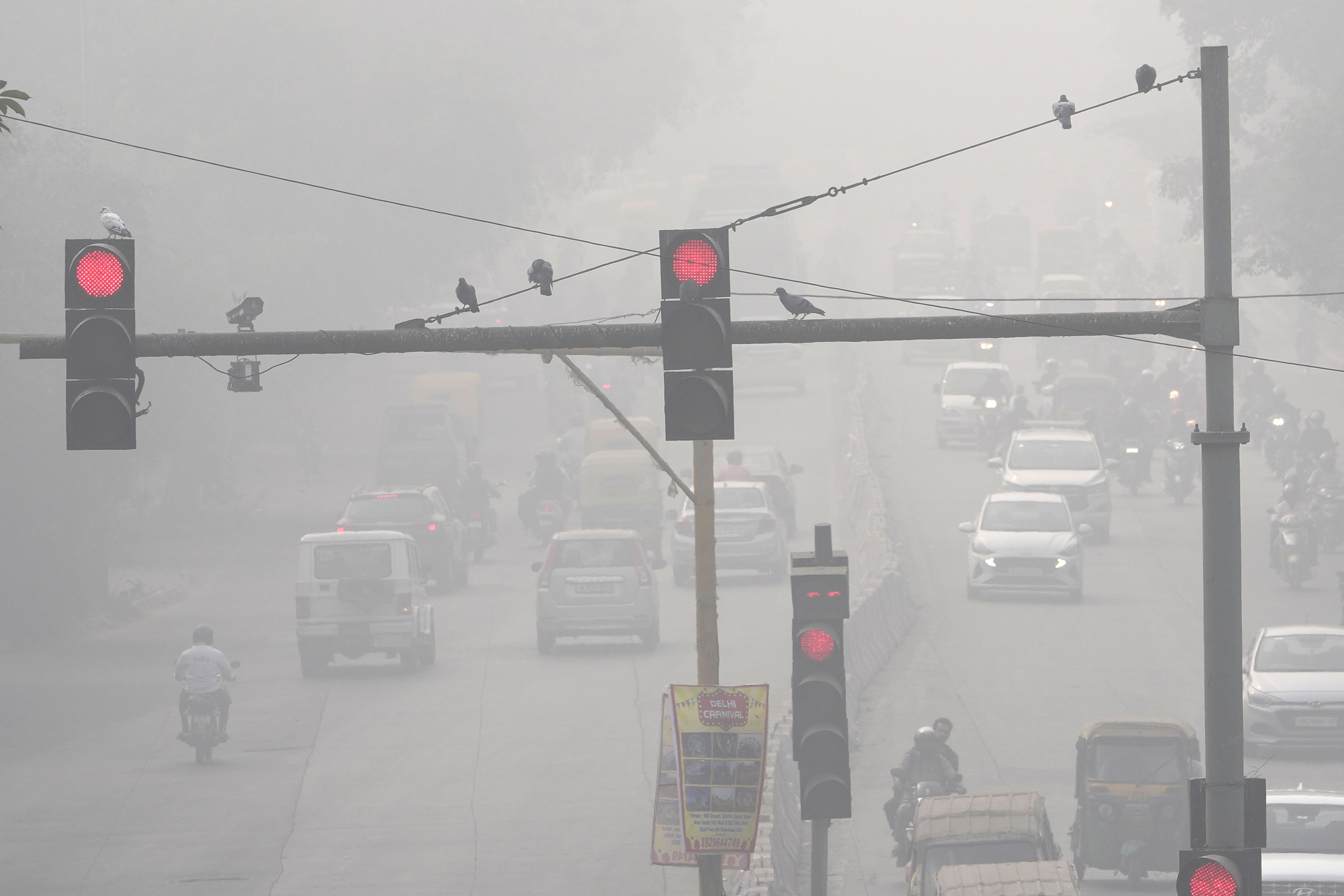




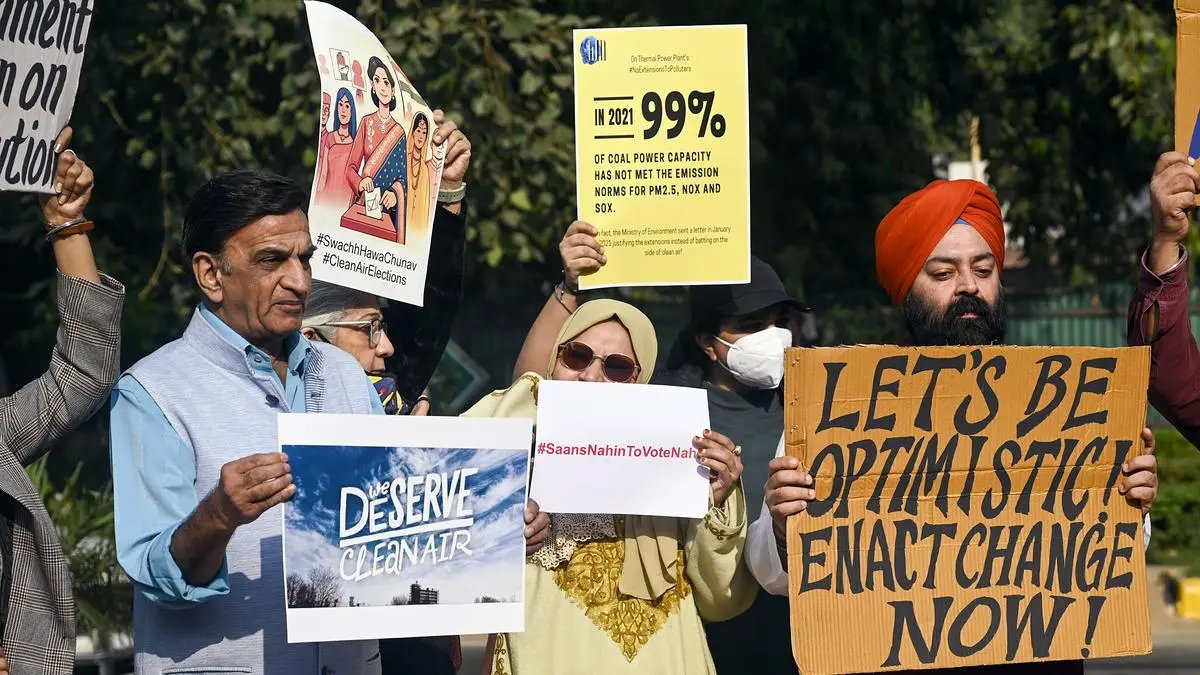





















.jpg)
)











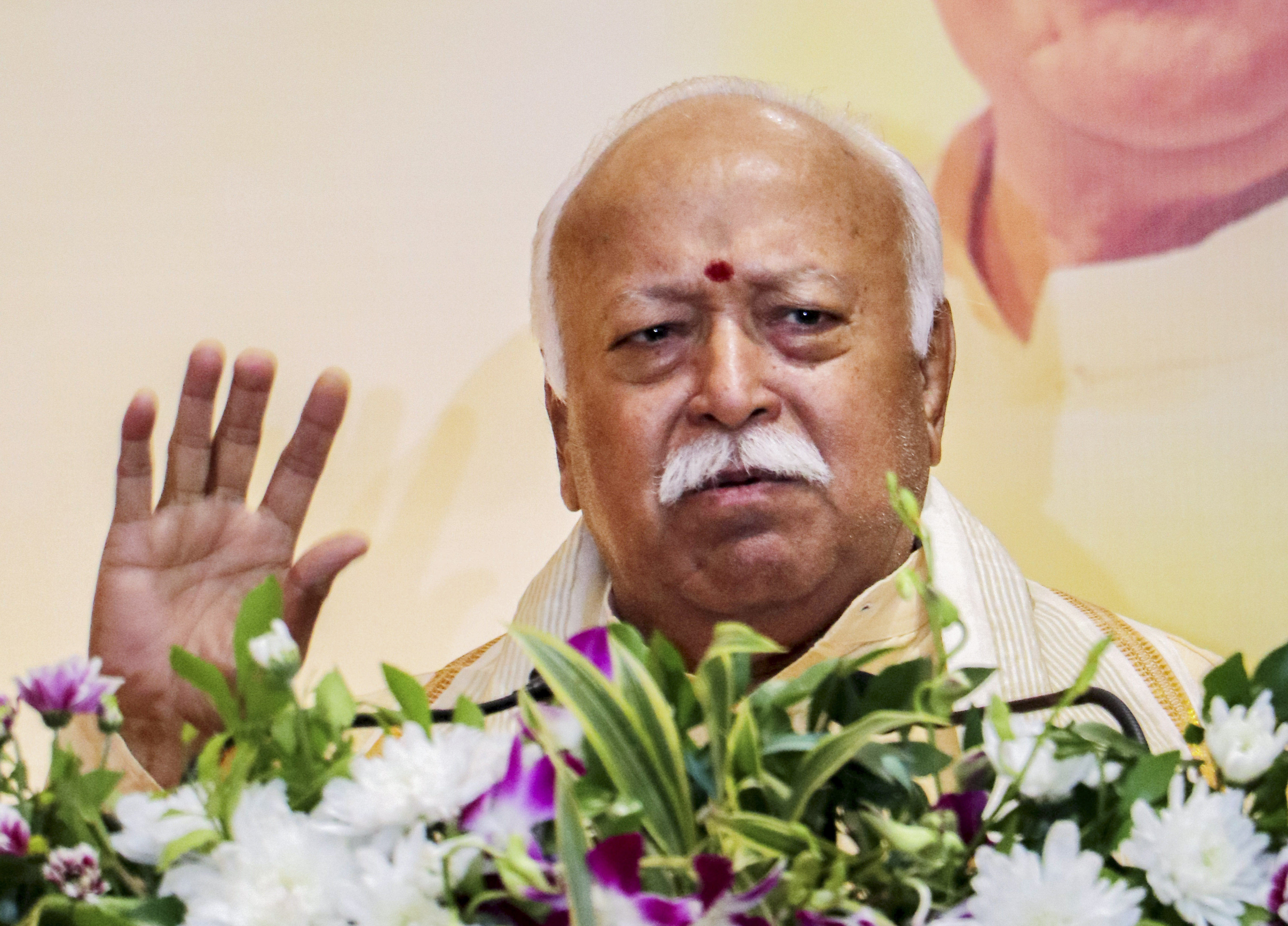
)